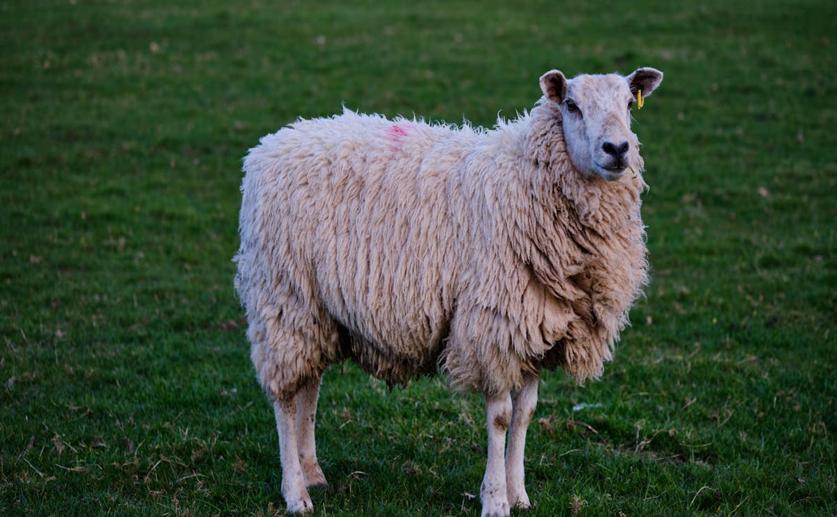
Adding Chia and Pumpkin Seeds to Sheep Dairy Diets
Greg Howard
21st April, 2024

Image Source: Rodion Kutsaiev (photographer)
Key Findings
- In a Mexican study, chia and pumpkin seeds in dairy sheep diets didn't affect their weight or food intake
- Pumpkin seeds increased milk yield and efficiency; chia seeds boosted milk protein and lactose
- Both seeds may reduce bad fat and increase good fats in milk, though not conclusively proven
AgricultureNutritionAnimal Science
References
Main Study
1) Inclusion of chia seeds (Salvia hispanica L.) and pumpkin seeds (Cucurbita moschata) in dairy sheep diets.
Published 18th April, 2024
https://doi.org/10.1371/journal.pone.0300864
Related Studies
2) Replacing soybean meal with high-oil pumpkin seed cake in the diet of lactating Holstein dairy cows modulated rumen bacteria and milk fatty acid profile.
3) Effects of replacing soybean meal with pumpkin seed cake and dried distillers grains with solubles on milk performance and antioxidant functions in dairy cows.
4) Influence of pumpkin seed cake and extruded linseed on milk production and milk fatty acid profile in Alpine goats.



 22nd March, 2024 | Jenn Hoskins
22nd March, 2024 | Jenn Hoskins